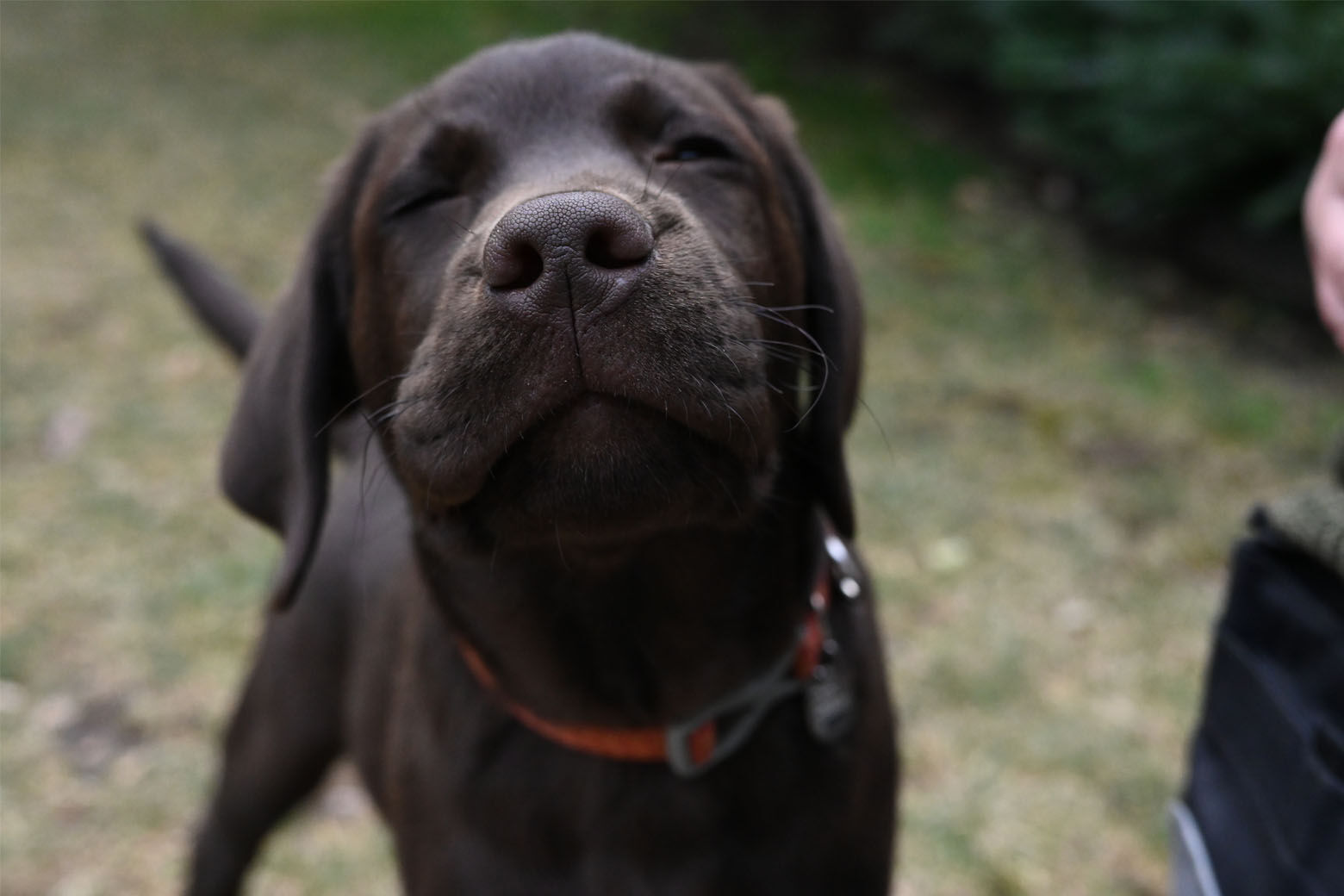
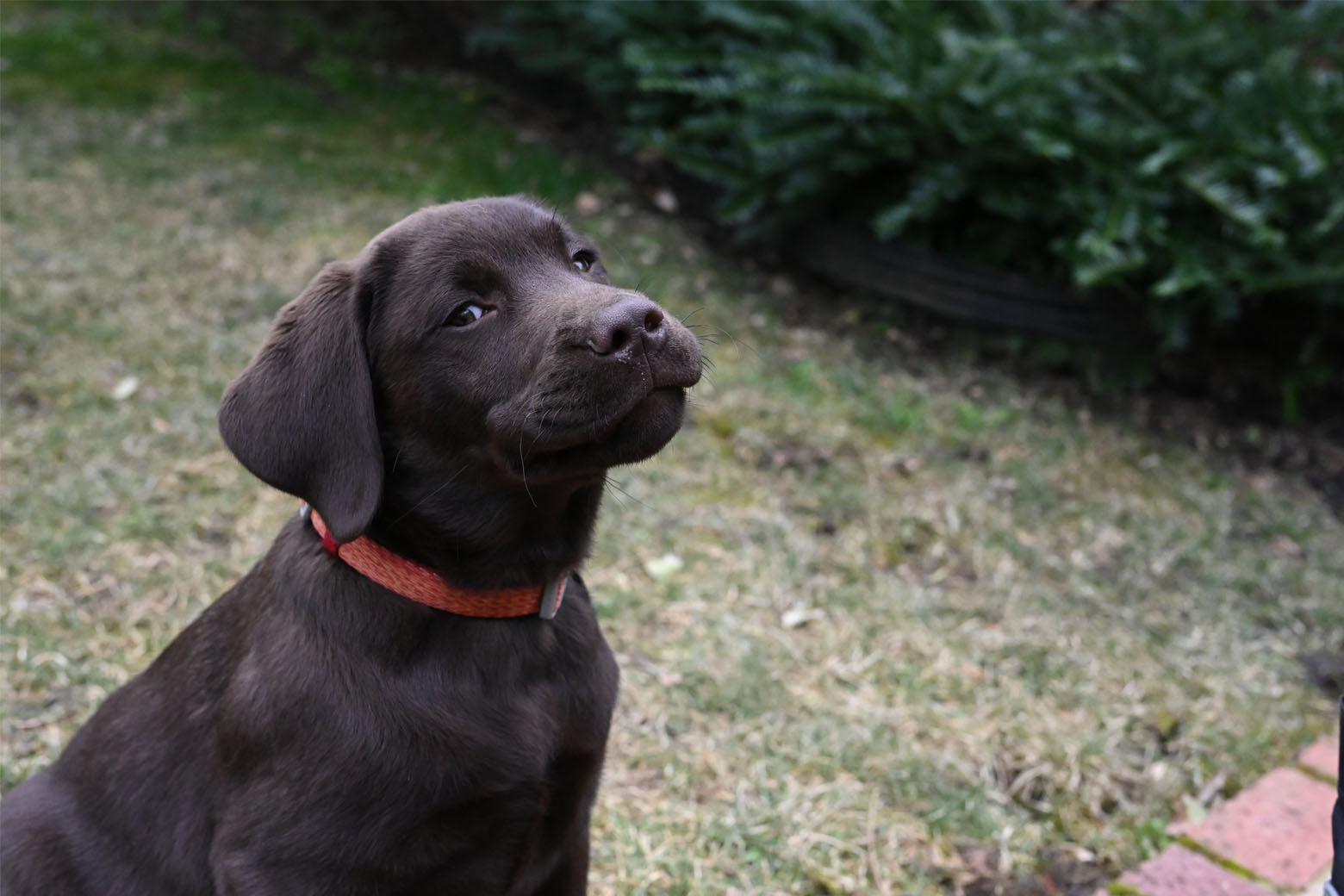
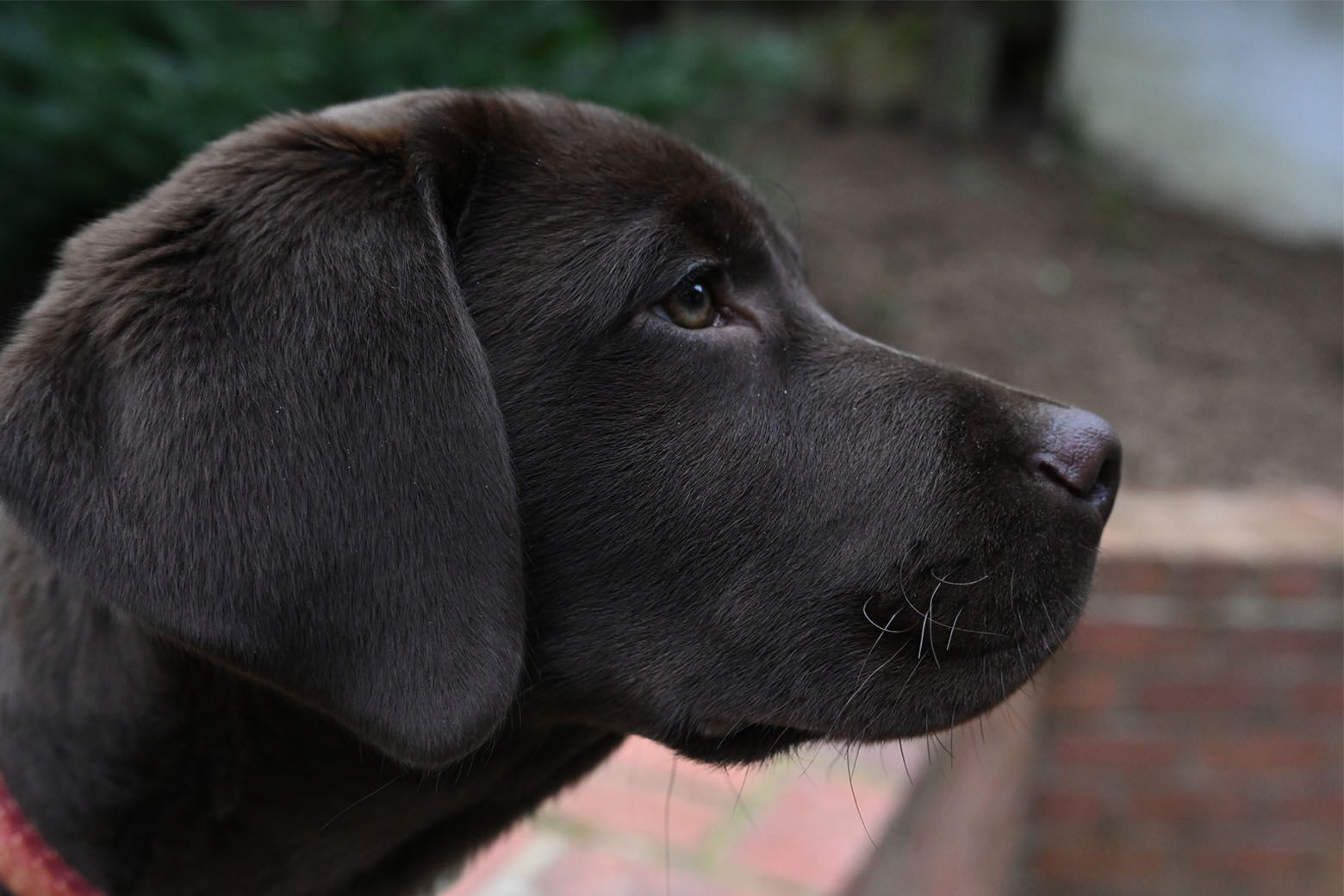
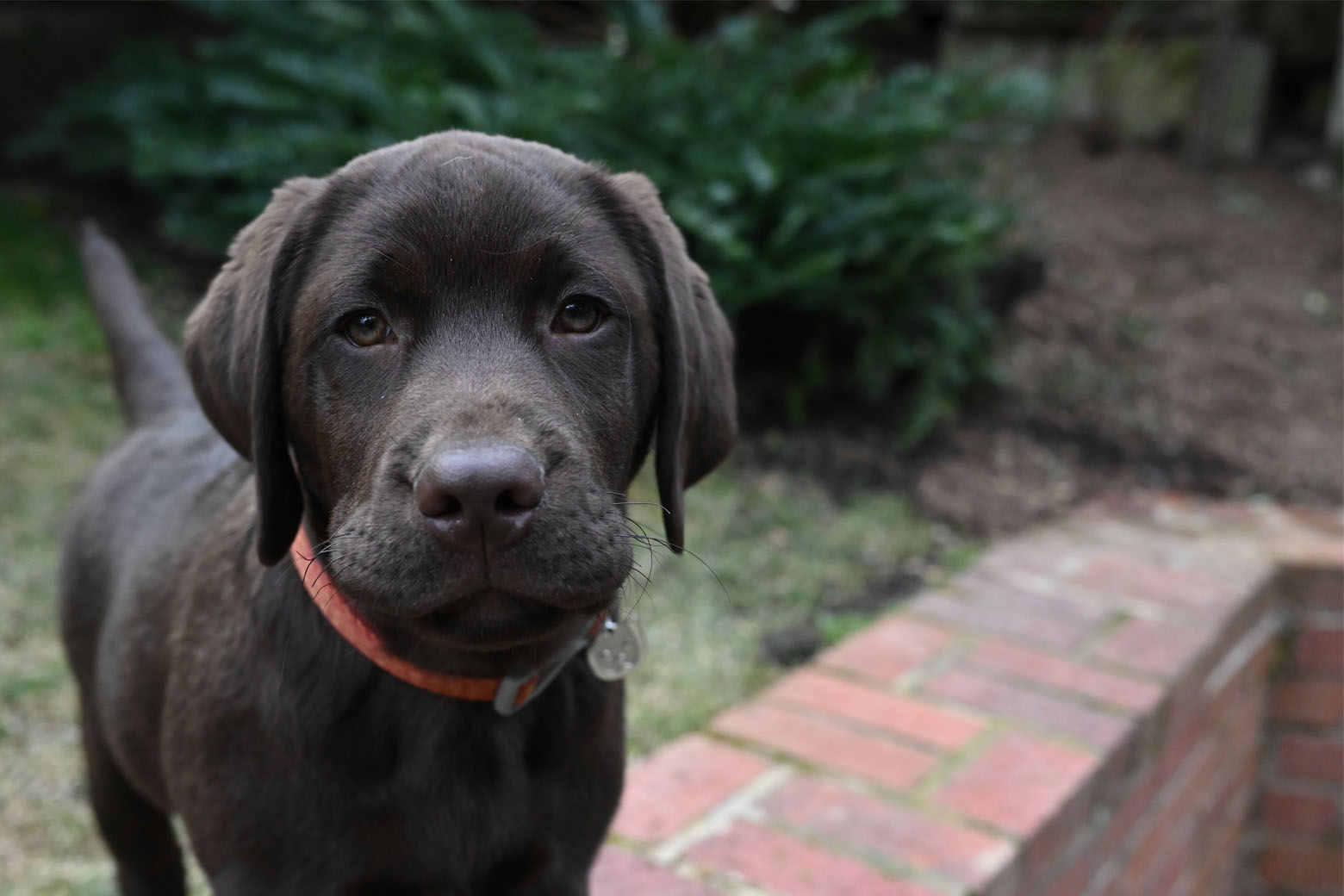
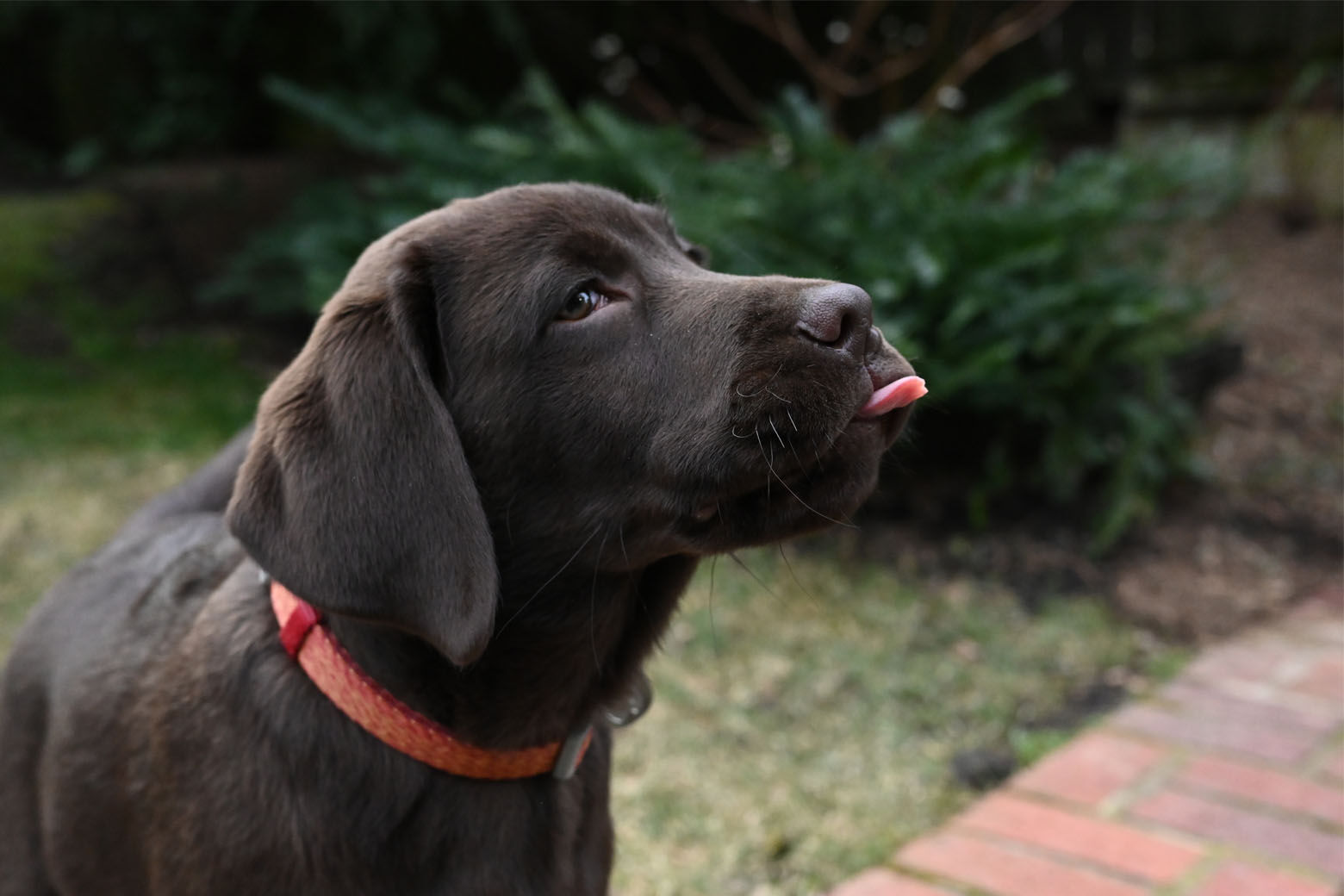
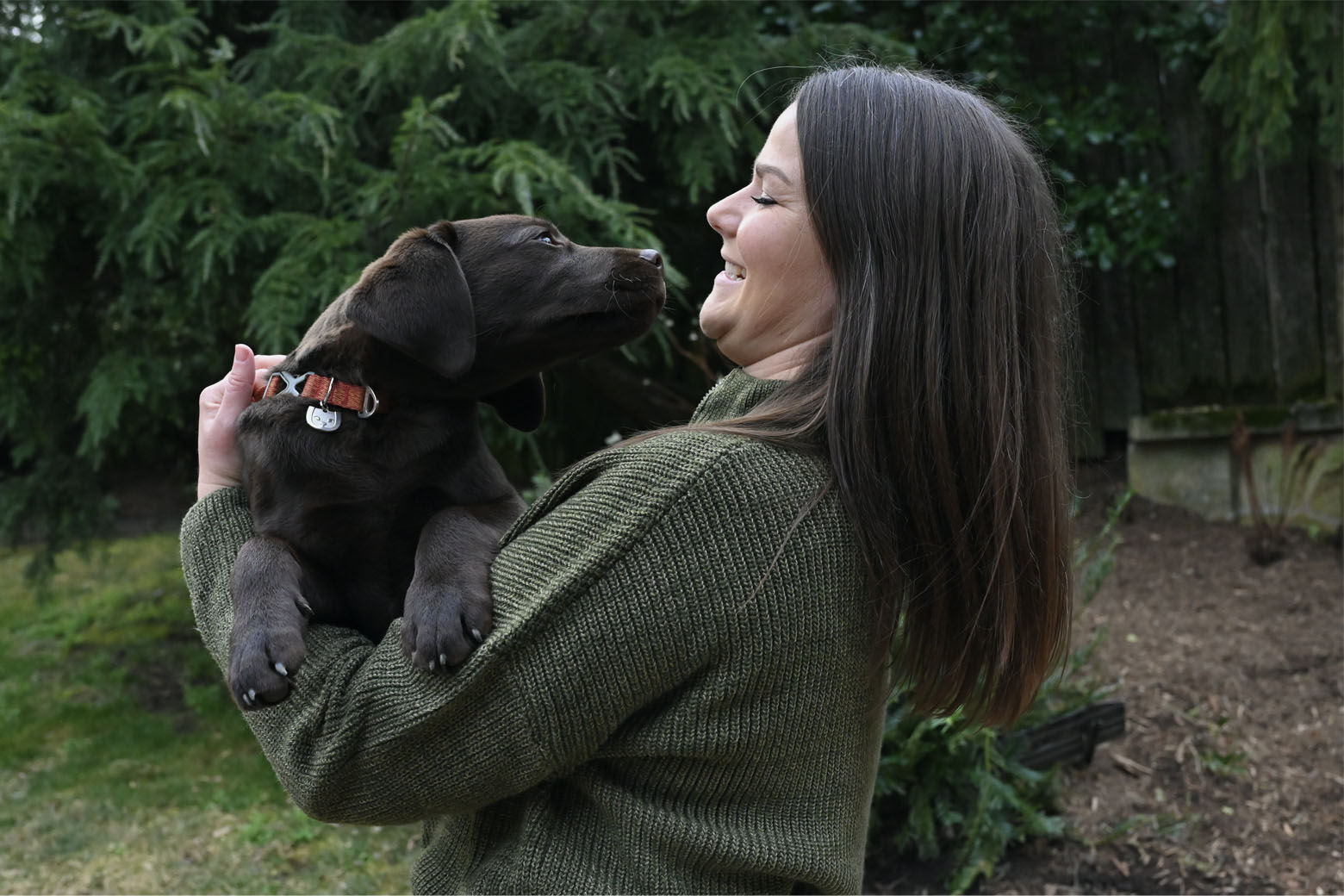
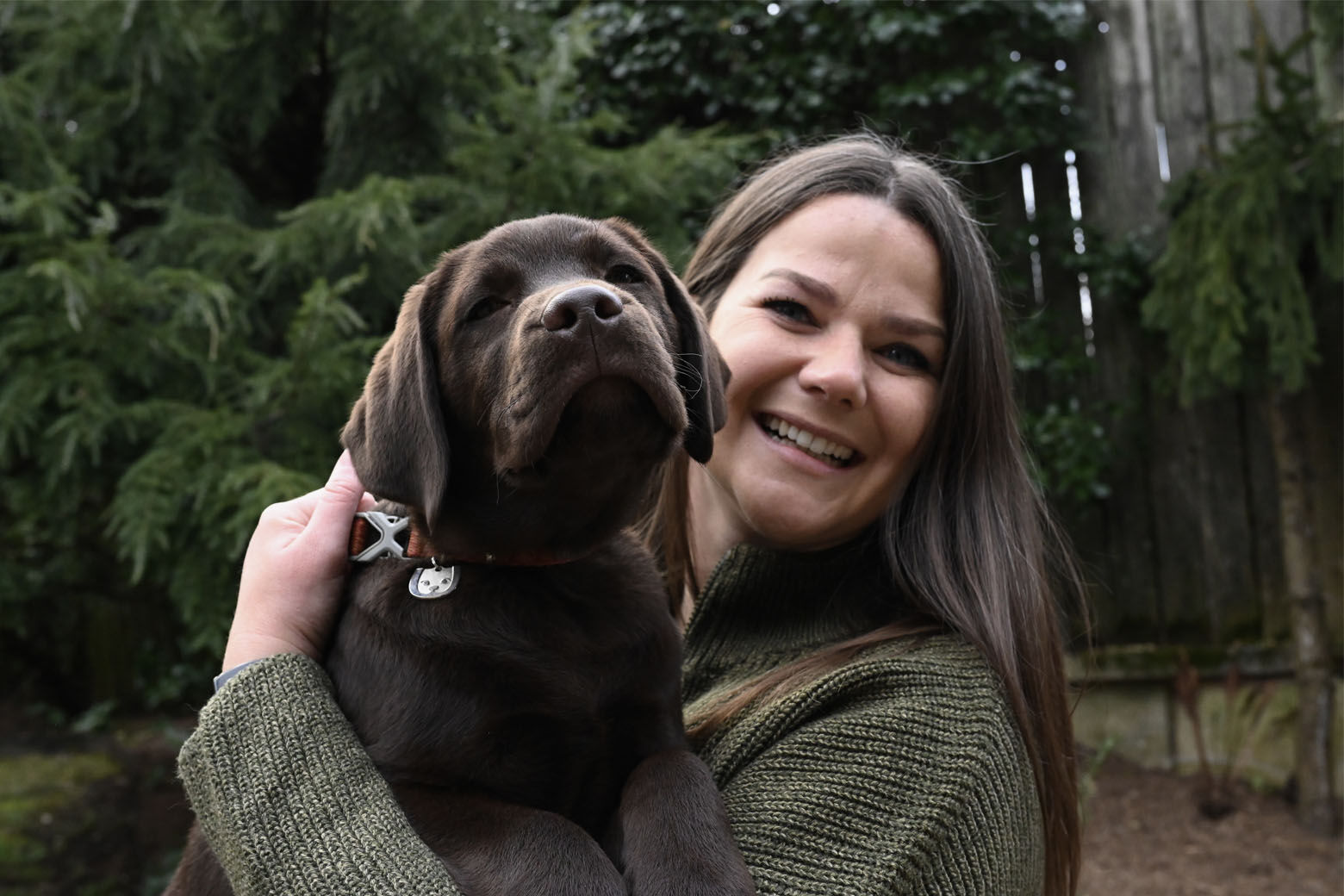
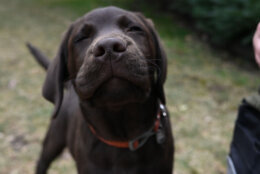
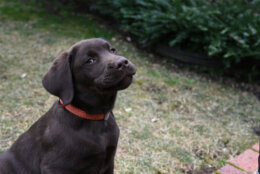
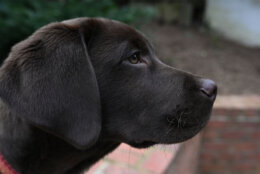
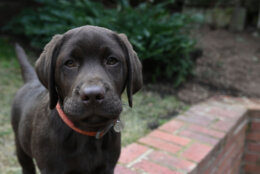
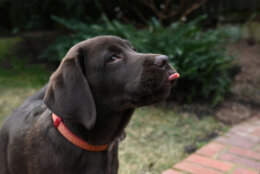
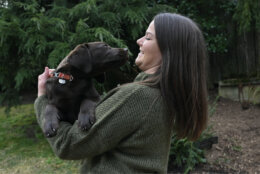
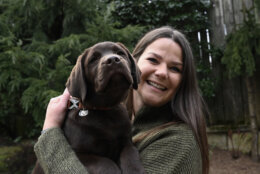
Bringing home a new puppy can be filled with excitement — and challenges.
While the cute factor of puppies and young dogs can make us melt, some of their behaviors can drive us crazy.
From nipping and barking to issues with housebreaking that add new color schemes to your rugs, trainers can help humans and their new dogs get through all the stages of puppyhood.
Juliana DeWillems, the owner of JW Dog Training & Behavior in northern Virginia told WTOP, “Puppies are babies. So much of their developmentally appropriate behavior doesn’t always fit in the human world.”
This video is no longer available.
One of the biggest issues new owners have, DeWillems said is “puppy nipping, which is extremely normal.”
But it’s painful. Puppy teeth are notoriously sharp. Dog owners often joke with her that it feels like they’ve adopted land sharks.
That nipping, she said, is a form of communication. While gnawing on our shoes or hands, puppies are actually trying to tell us, “I’m hungry, I’m tired, I’m thirsty, I need to go to the bathroom,” said DeWillems.
While ruling out whether one of those unmet needs is at the root of the behavior, DeWillems said an immediate solution is to give the puppy something it can chew like a toy or a specially designed chew stick. And then offer praise when the pup shifts from chewing on you to taking up the offered toy.
Another thing to consider, said DeWillems, is whether the puppy — just like a baby — has had enough sleep. Without adequate rest and nap times, “You’re going to see a puppy who starts to deteriorate behaviorally, get overstimulated more easily, get what we would label as ‘grouchy’ and nippy and bitey,” and that’s just frustrating for everyone.
This video is no longer available.
Puppies and young dogs have tons of energy that’s great for young, active families. But if time is tight, or schedules shift, families should consider taking them to a dog park to allow them to let off some steam.
That’s something DeWillems doesn’t necessarily recommend for the youngest puppies. Should puppies suddenly be surrounded by a bunch of unknown dogs investigating the newcomer, “that can create lifelong fear which develops into reactivity, sometimes aggression,” she said.
When dogs are older, dog park visits could be something to consider.
Avoiding “accidents” and damage to furniture from chewing can be accomplished by limiting a puppy’s access to the whole house, said DeWillems.
Start by keeping them in a controlled space. Crate training is helpful, as is offering them a “yes space,” she said.
DeWillems explains that a doggy playpen or small puppy-proofed room where they can relax without humans hovering and telling them, “No!” is important to their development. “We have got to be careful about how many ‘no’s’ we’re saying to our dogs during the day,” otherwise, she said “no” becomes annoying white noise instead of a direction when necessary.
Finally said DeWillems, keep in mind how much fun having dogs can be for them and for us when we help them learn how to navigate our world successfully. “We want their world to be happy and positive and fun while they are learning and bonding with us,” she said.
DeWillems often offers bite-sized lessons on puppy and dog behavior on her Instagram.








